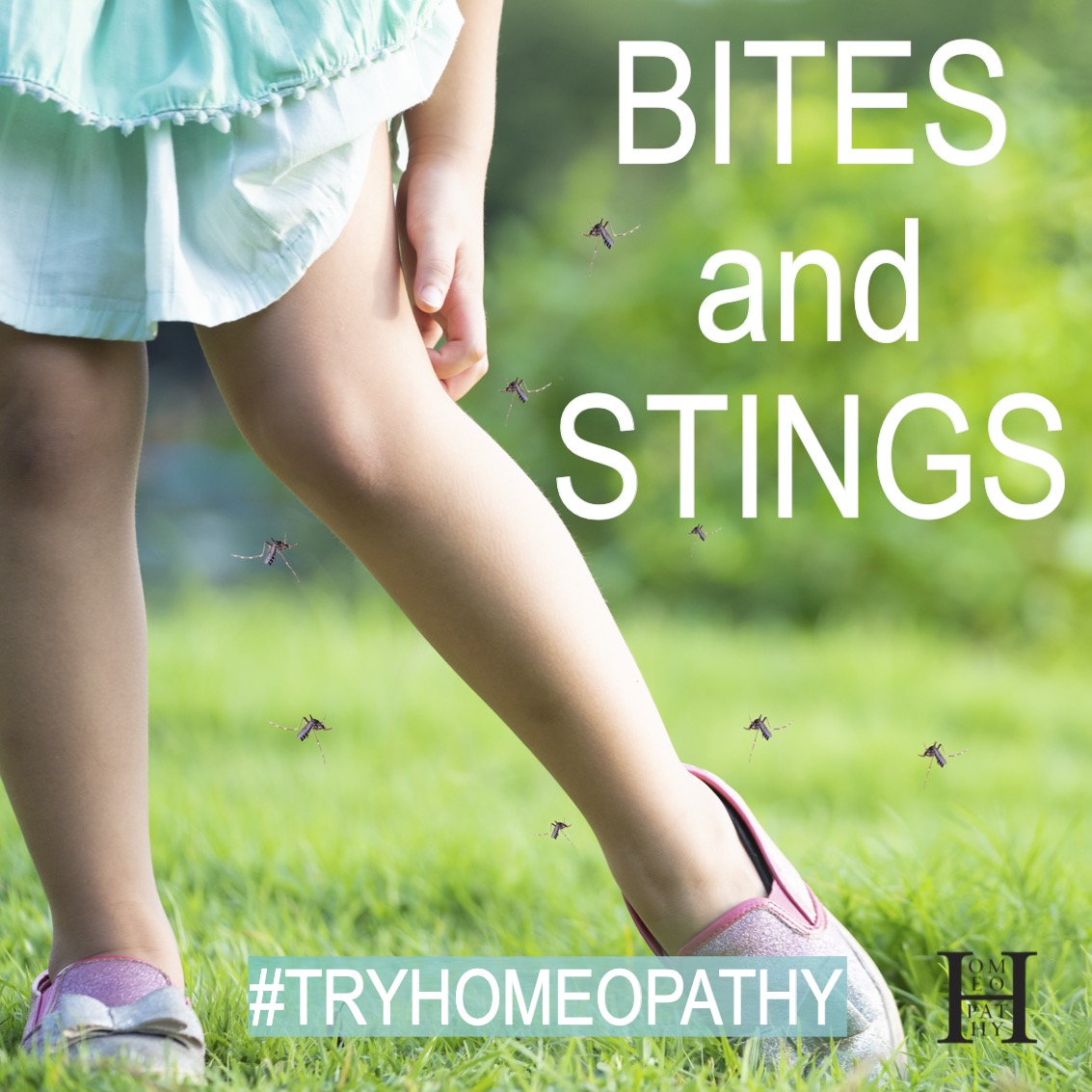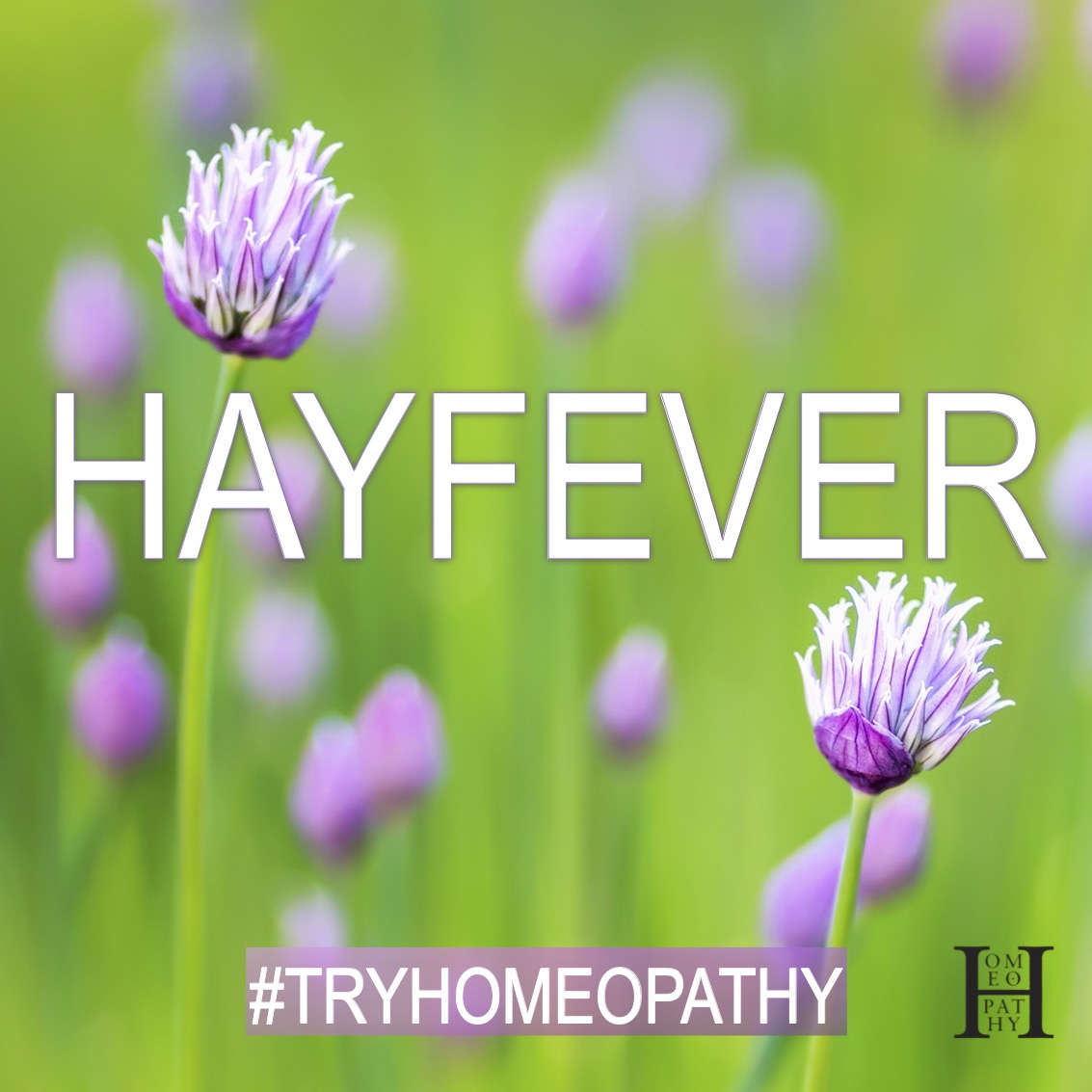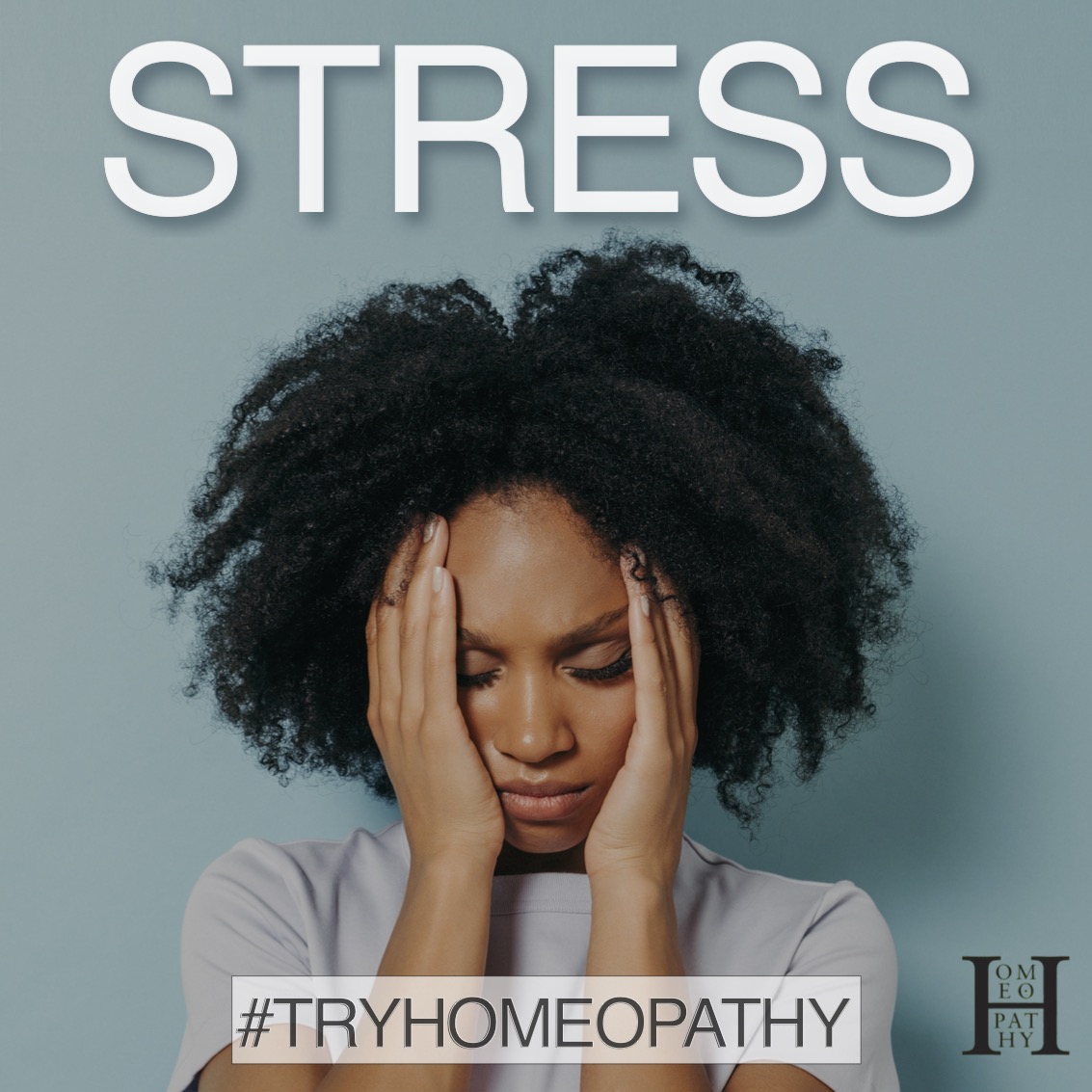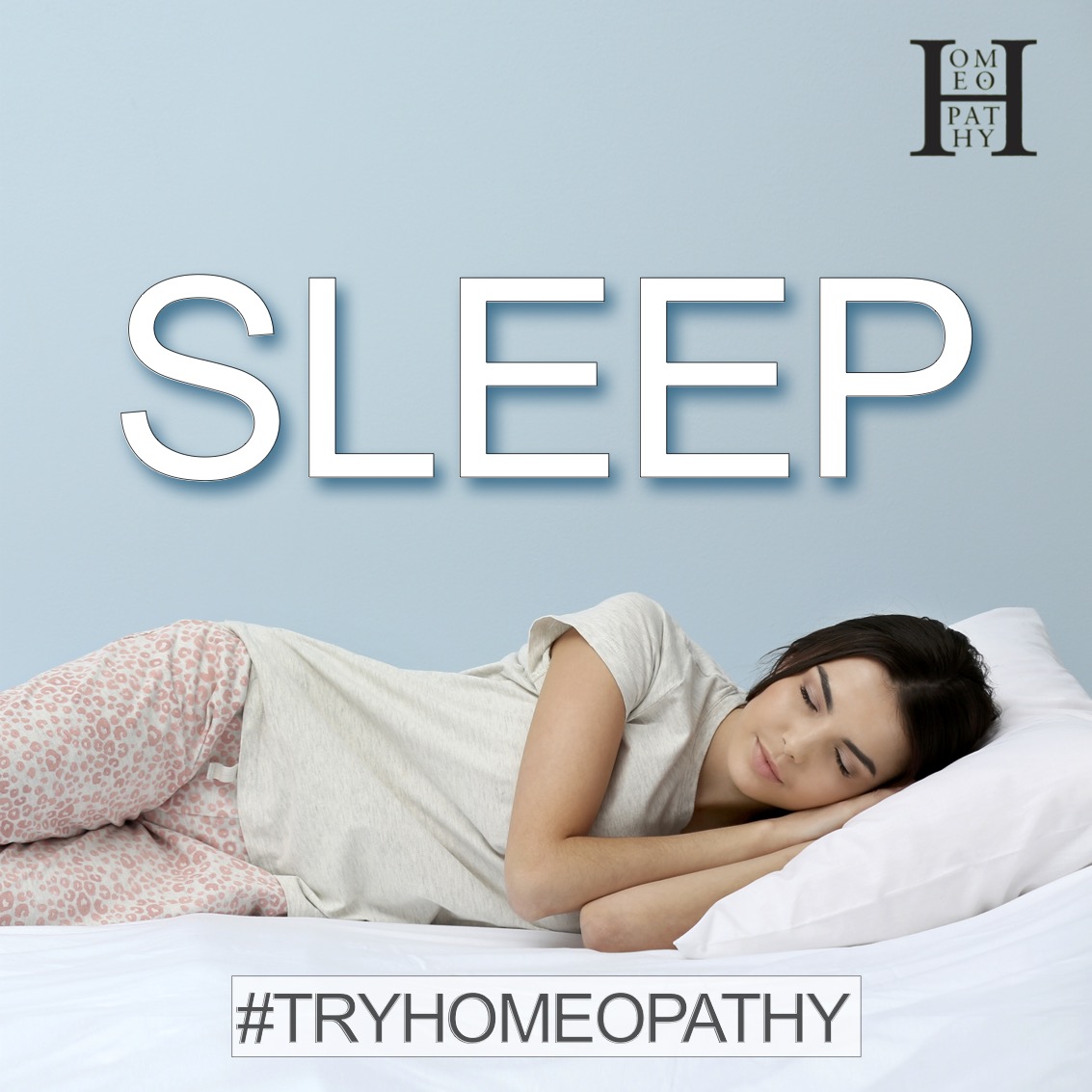Sunburn

With Summer here, at least for some of the time, we need to take care with the strength of the sun. Even on days when it feels overcast, the sun’s ultraviolet (UV) rays increase the risk of us getting sunburnt. It’s always best to avoid staying out in the sun for too long, and taking precautions to protect yourself. Remember, prevention is better.
However, that’s not always possible. Sometimes we forget, and sometimes we underestimate the strength of the sun. Anyone who has been sunburnt knows how uncomfortable it is - hot to touch, feeling sore and painful, followed by flaking and peeling some days later.
Homeopathy can help the healing process. It’s an holistic system of medicine that works on the principle of "like cures like", and uses highly diluted substances to stimulate the body's own healing mechanisms. Remedies are tailored specifically to the individual, so it’s always better to consult a registered homeopath at findahomeopath.org if you can. However, if you prefer to try a remedy at home first, there are a number of commonly used remedies for sunburn.
Belladonna is a remedy for sunburn where there is intense redness, throbbing pain and heat in the affected area. The skin may feel dry and hot to the touch, and the person may be restless and irritable. Calendula officinalis is used when you have sunburn with open blisters, or raw, sensitive skin. Calendula has soothing and healing properties, promoting skin repair and reducing the risk of infection.
While homeopathic medicines can help relieve the symptoms of sunburn, it's essential to practice sun safety measures and seek medical attention for severe sunburn. or when it’s accompanied by symptoms such as blistering, fever, chills or extreme pain. In these instances, you may require medical attention. It’s important to monitor your symptoms and seek professional advice if needed.





